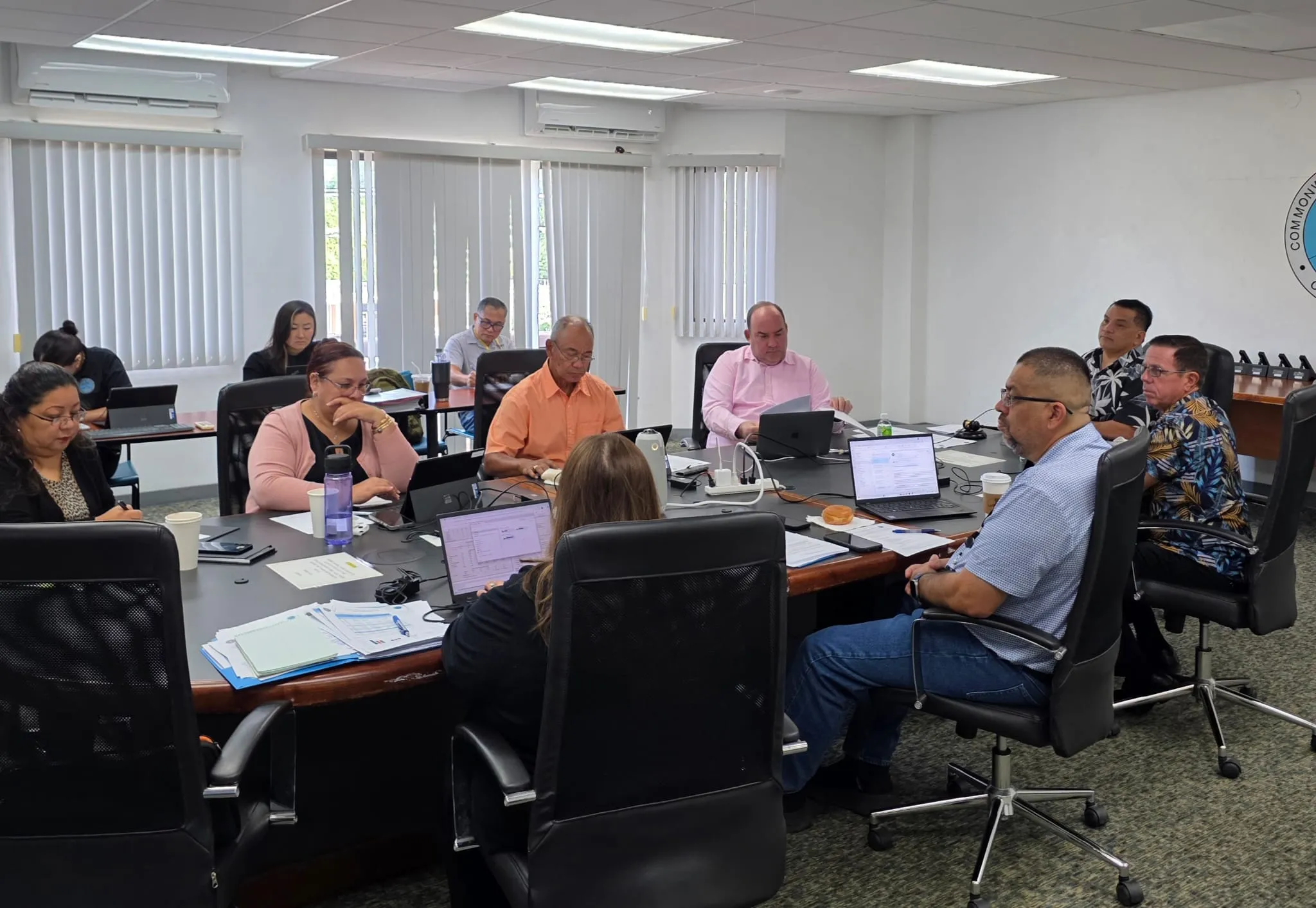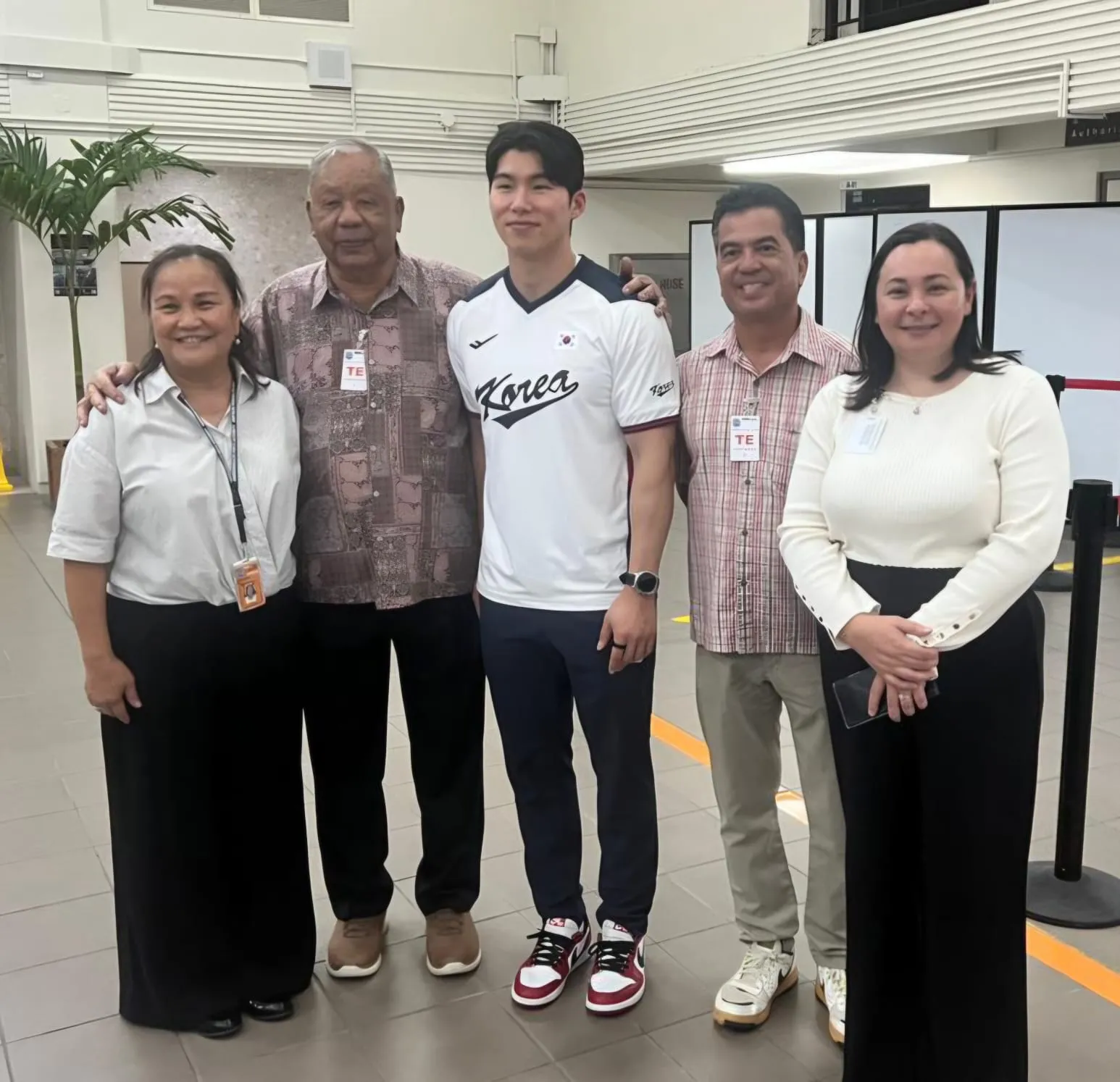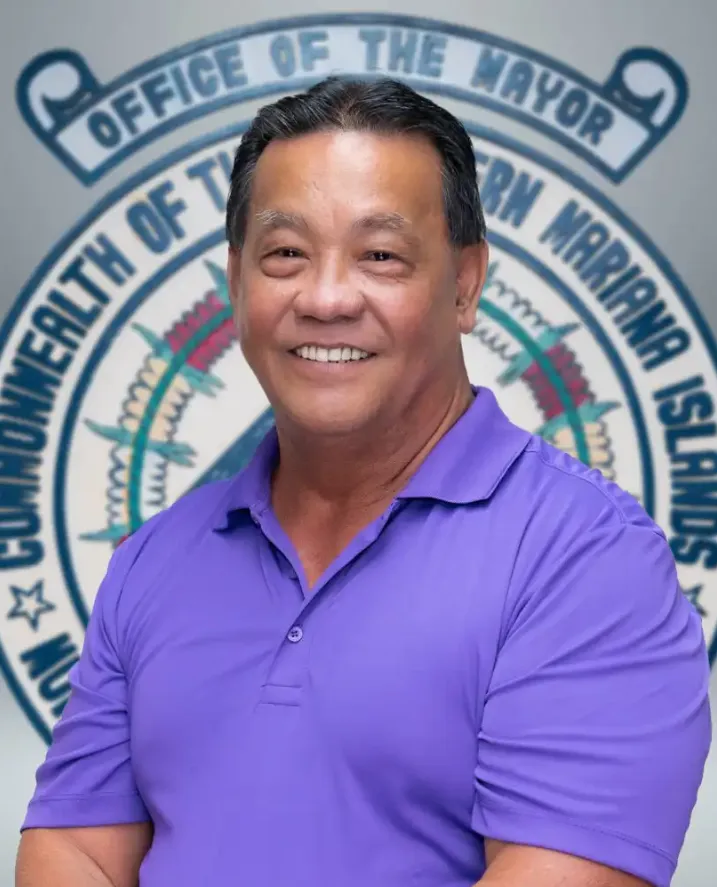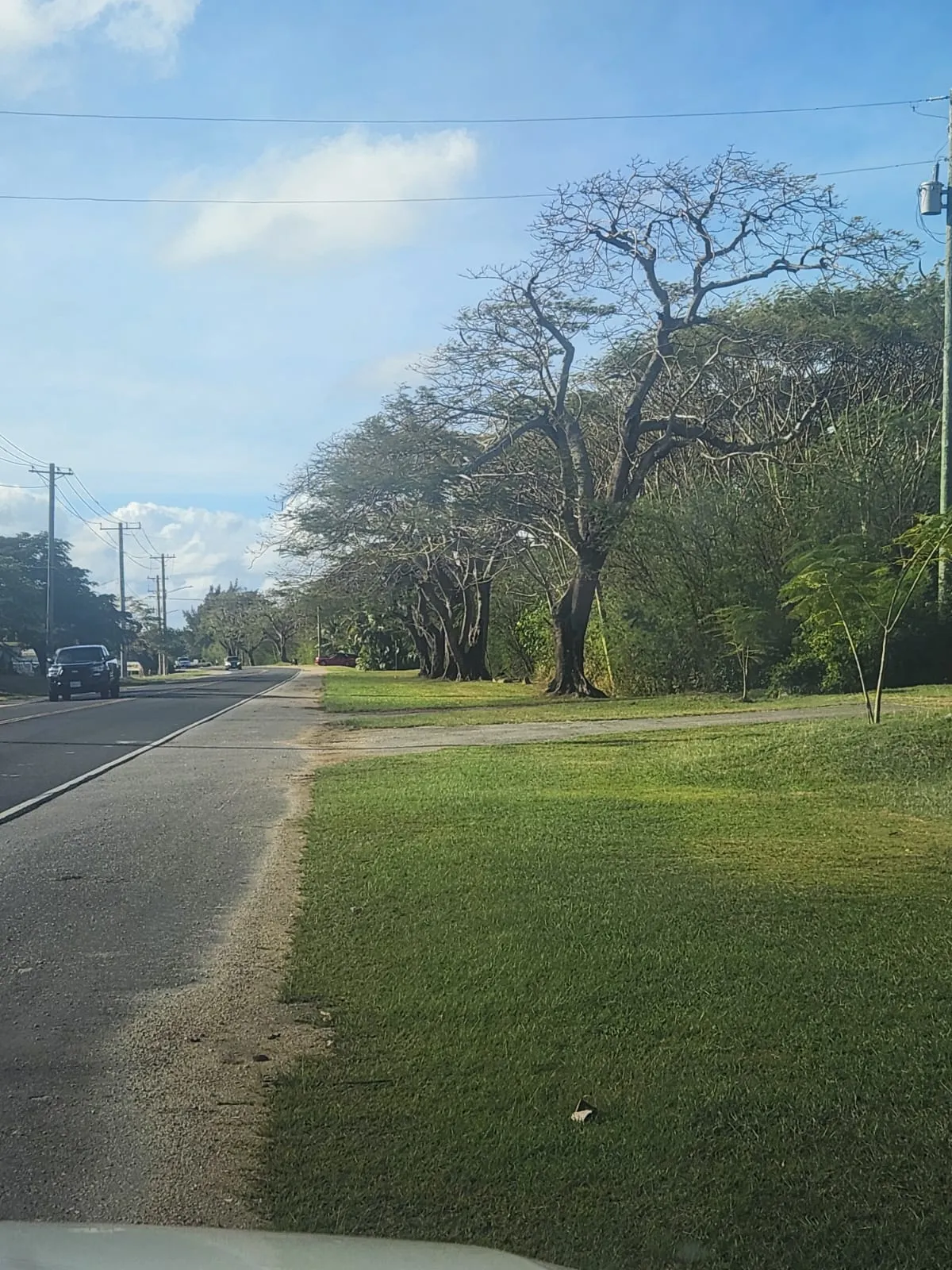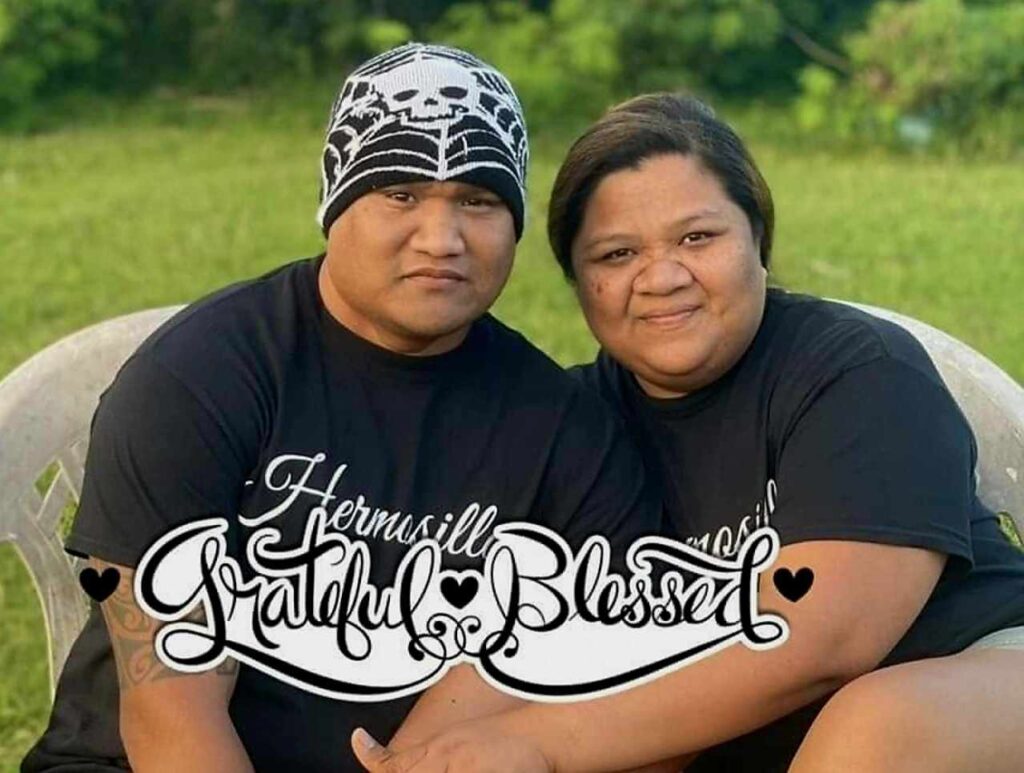From local Saipan Facebook groups, Speak Up CNMI and Speak Up Taotao CNMI, a few wise voices among us offer insights into these powerful, though often challenging, processes of forgiveness and reconciliation.
From Rudolfo Hermosilla Jr. we learn that “Forgiveness is a journey, not a one-time event.” Too often we mistakenly believe forgiveness means condoning or forgetting harmful actions. However, Rudolfo illuminates that true forgiveness means “letting go of anger and resentment” that binds us to those who wounded us.
The journey begins by striving to “understand the situation and motivations” that led to hurt, not to excuse but to “practice empathy and see things from the other person’s perspective.” As Jesse Joel Palacios echoes, “Forgiveness starts from the victim who was harmed and burdened, your emotional pain needs reflection and acknowledge all that pain.”
Rudolfo emphasizes the path inward, stating “Forgiveness is for you, not the other person.” It is how we “release the poisonous anger weighing [us] down.” Jesse agrees, “To be whole from being harmed, one must want to forgive.” Prayer can be a profound salve in this process, “calm[ing] your feelings and thoughts.”
When both people are willing, reconciliation can be possible through “communicating openly and honestly.” Yet Rudolfo cautions, “Reconciliation is not always appropriate” if injuries are still too fresh or there is no accountability. “Reconciliation requires compromise and finding common ground” as “a mutual process.”
Importantly, “Forgiveness doesn’t mean tolerating abusive or harmful behavior,” Rudolfo states plainly. We must “set boundaries to protect ourselves” and “practice self-care and prioritize our well-being.”
For Jesse, forgiveness is deeply intertwined with spiritual reconciliation. “Reconcile your relationship with God by baptism and attending daily Mass. Celebrate the eucharist daily, embrace the faith and holy spirit, and spread the word of Jesus.” He reminds us “God wants to forgive us, and so we too must forgive our neighbors.”
The paths of forgiveness and reconciliation demand “commitment, patience and empathy,” as Rudolfo states. It can be a difficult journey, so we must “seek support from friends, family, or a therapist.” Yet the rewards are immense – “peace, closure and a more promising future” awaits.

Rudolfo S. Hermosilla Jr. and wife.

Jesse Joel Palacios


